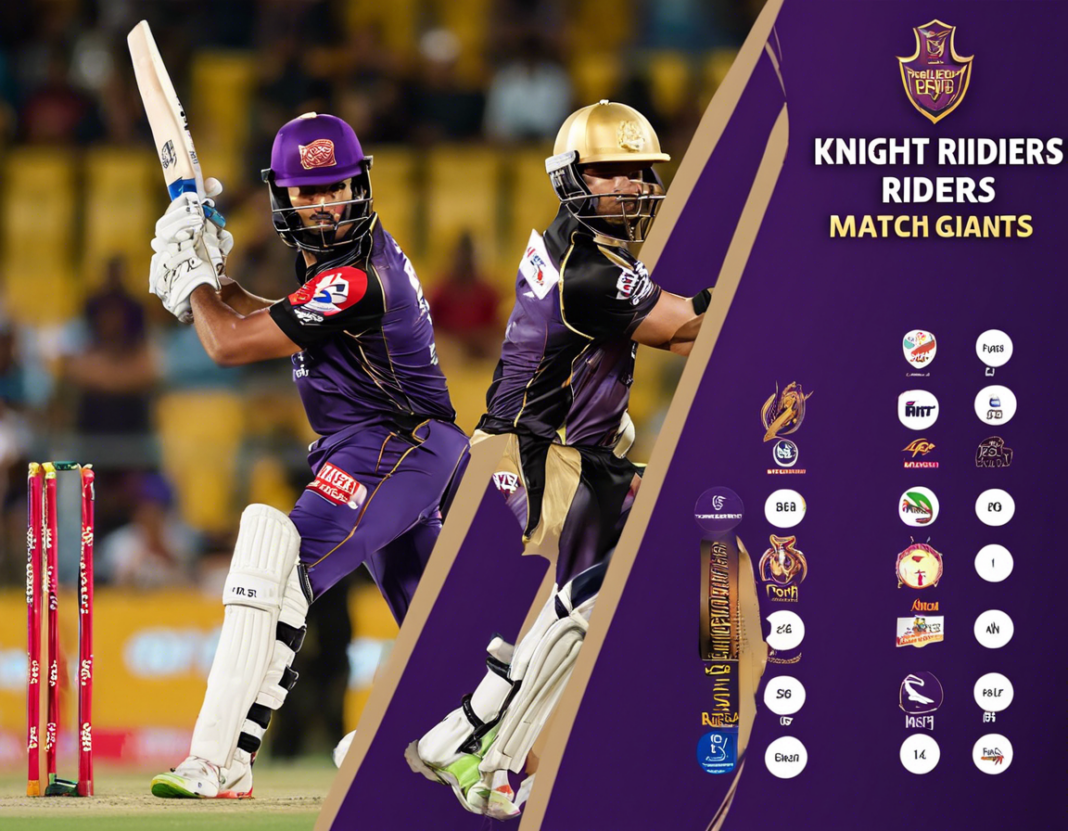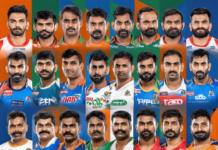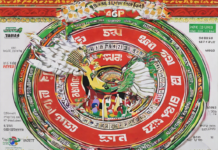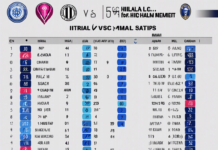As cricket enthusiasts eagerly follow every move made by their favorite teams, following the Abu Dhabi Knight Riders vs. Gulf Giants match scorecard can provide a detailed overview of the game’s progress. Let’s delve into the significance of a match scorecard, how to interpret one effectively, and explore some of the common FAQs related to this topic.
Importance of Match Scorecards
A match scorecard serves as a comprehensive record of all the happenings in a cricket match. It provides detailed information on each player’s performance, the runs scored, wickets taken, bowling figures, partnerships, and various milestones achieved during the game. Analyzing a scorecard can offer insights into the ebb and flow of the match, individual player performances, and key turning points that shaped the outcome.
How to Read a Match Scorecard
1. Match Details
- The teams involved in the match.
- The venue and date of the game.
- The toss result and innings order.
2. Batting Statistics
- The batting scorecard lists each player’s performance in the batting innings.
- Look for the runs scored, balls faced, and strike rate of each batsman.
- Check for the number of fours and sixes hit by each player.
3. Bowling Figures
- The bowling scorecard outlines the bowling performance of each player.
- Note the overs bowled, wickets taken, runs conceded, and economy rate.
- Look for any maiden overs bowled or wicket maidens delivered.
4. Partnerships
- The partnership details highlight the collaboration between batsmen during the innings.
- Focus on the runs scored in each partnership and the participation of individual players.
5. Fall of Wickets
- The fall of wickets section shows the sequence in which batsmen got out.
- Note the score at which each wicket fell and the bowler responsible for the dismissal.
Interpretation of Match Scorecards
1. Team Performance
- Assess the overall team score and run rate to gauge the team’s batting efficiency.
- Analyze the bowling figures to understand the effectiveness of the bowling attack.
2. Player Form
- Identify consistent performers based on their batting and bowling statistics.
- Evaluate the impact players who contributed significantly to the team’s success.
3. Match Dynamics
- Identify key moments in the match by reviewing the partnership details and fall of wickets.
- Understand tactical decisions made by captains based on the bowling changes and batting orders.
Frequently Asked Questions (FAQs)
Q1: What is the significance of strike rate in a match scorecard?
A: The strike rate indicates how quickly a batsman scores runs. A higher strike rate signifies aggressive batting, while a lower strike rate may indicate a more cautious approach.
Q2: How can I identify the standout performers from a match scorecard?
A: Look for players with high batting averages or economical bowling figures. Additionally, focus on individuals who contributed crucial match-winning performances.
Q3: Why are partnerships important in cricket?
A: Partnerships allow batsmen to build momentum, rotate the strike, and score runs collectively. Strong partnerships often lay the foundation for a significant team total.
Q4: What does a wicket maiden refer to in bowling figures?
A: A wicket maiden occurs when a bowler concedes no runs while also taking a wicket in an over. It is considered a remarkable achievement in bowling.
Q5: How do you calculate the economy rate of a bowler?
A: The economy rate of a bowler is calculated by dividing the total runs conceded by the number of overs bowled and is expressed as runs per over. Formula: (Runs conceded / Overs bowled).
By understanding the nuances of match scorecards and their interpretation, cricket enthusiasts can gain a deeper appreciation for the intricacies of the game. Analyzing player performances, team dynamics, and match-defining moments through scorecards enhances the overall cricket viewing experience and fosters a more profound connection with the sport.






